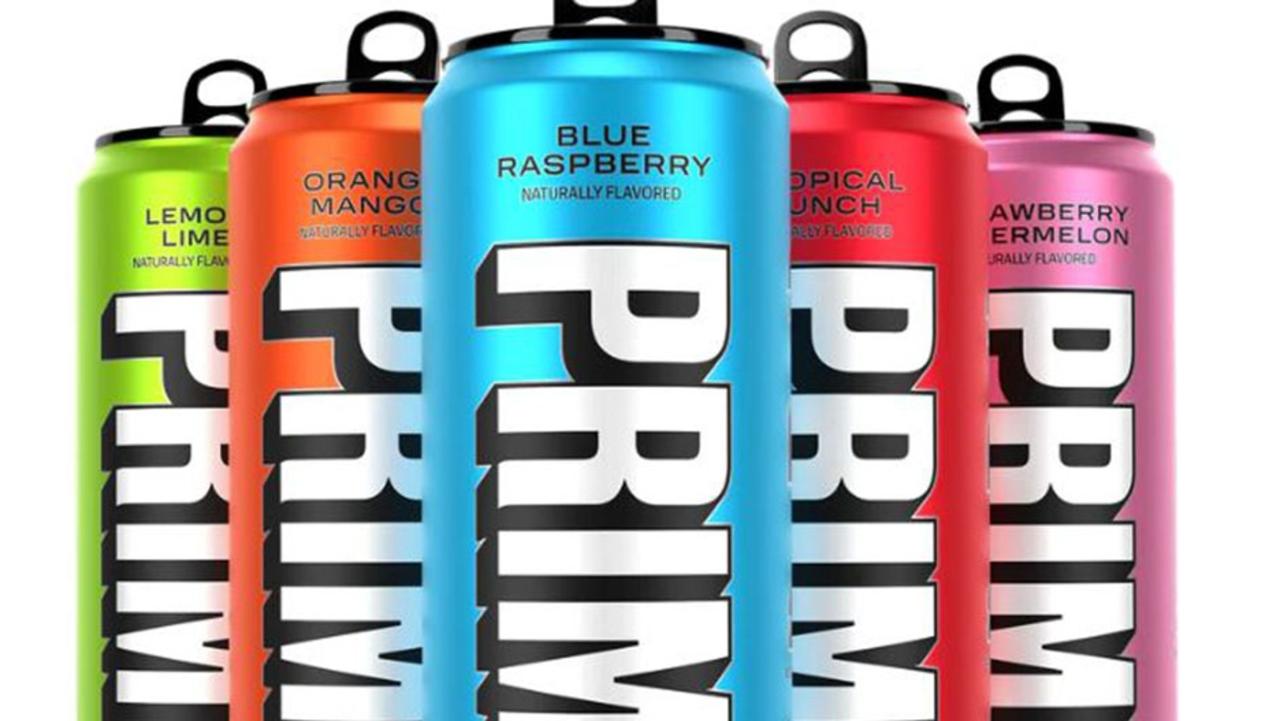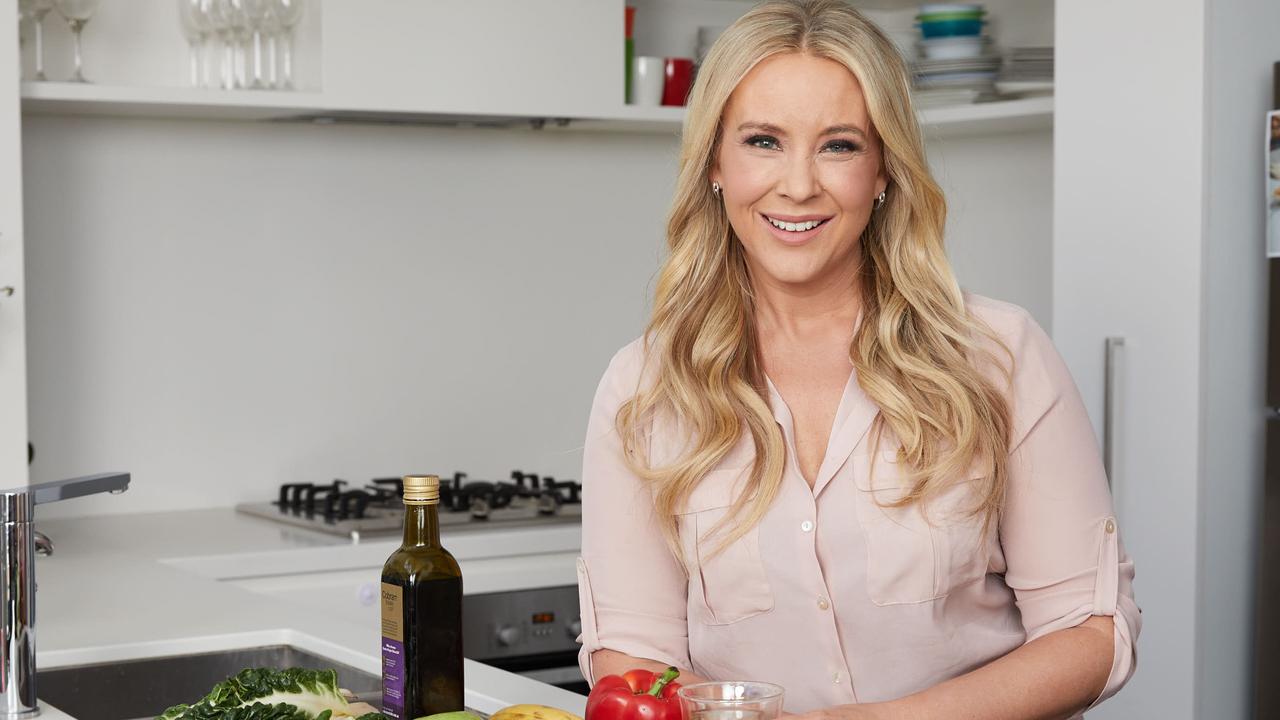Australian schools ban Prime due to dangerous caffeine levels
Aussie schools have banned Logan Paul’s insanely popular Prime energy drink amid safety concerns

READING LEVEL: ORANGE
Schools across the country are rushing to ban students from bringing in an illegal ultra-caffeinated* energy drink, after a surge* in popularity among Aussie kids.
Prime energy drinks, from a company part-owned by influencers* Logan Paul and KSI, have almost twice the legal limit of caffeine allowable in Australia and about the equivalent* to six cans of Coke.
The brightly coloured bottled drink isn’t available for purchase for that reason, but it can be easily bought online via resellers*.

Now, many Australian schools have banned Prime after industry advice warned it contained dangerous levels of caffeine for children.
Experts have blamed a Fear of Missing Out culture for driving a huge global demand for the drinks.
It was understood some students had turned the Prime drinks into side hustles* for huge profits on school grounds, while several Queensland state schools recently announced bans of products.
Dietitian Susie Burrell said PRIME’s energy drink range had the potential to trigger* fatal heart incidents* if students unknowingly had underlying* issues.

It comes as Maryborough State High School principal Simon Done warned of a worrying incident involving a student at the Queensland school.
“He was physiologically* different looking — that’s coming out anecdotally* from one of my staff in the school.” The school subsequently* sent a reminder to parents that their ban on energy and sports drinks extended to Prime.
A caffeine-free ‘hydration’* sports version is available for purchase at some stores — but even that contains a disclaimer* that it is not suitable for children under the age of 15, pregnant or breastfeeding women, and should only be used under medical or dietetic* supervision.
The danger warnings have done little to stop the drink’s popularity and some online retailers and consumers are taking advantage of the hype by selling the drinks online — including to Australian customers — at a higher price.
GLOSSARY
- ultra-caffeinated: excessive amount of coffee
- surge: a sudden large increase
- influencers: a person who plays an active role in shaping the opinions of others
- equivalent: equal in force, amount, or value
- resellers: a person or company that re-sells an item
- side hustles: a job that brings in extra money beyond one’s regular job and main source of income
- trigger: action that causes another action to take place
- heart incidents: illness of the heart
- underlying: a medical issue you are unaware of
- physiologically: normal functioning of the body
- anecdotally: based on a report or observation by someone
- subsequently: happening after
- hydration: giving fluids to the body
- disclaimer: a formal statement saying that you are not legally responsible for something
- dietetic: adapted for use in special diets
EXTRA READING
‘Famous’ Prime energy drink warning for kids
Push for high school mobile phone ban
Student assembly ban for false nails
QUICK QUIZ
- Why are schools banning Prime?
- The coffee in Prime is equivalent to the coffee in how many cans of Coke?
- Where are the students buying the drinks?
- What did dietitian Susie Burrell say was the danger of drinking Prime?
- Is the “hydration” version of the drink suitable for young students?
LISTEN TO THIS STORY
CLASSROOM ACTIVITIES
1. What do you think?
Do you think that the ban will stop kids buying these drinks? Write reasons why or why not.
Time: allow 10 minutes to complete this activity
Curriculum Links: English, Health and Physical Education
2. Extension
How much power do you think influencers like Logan Paul and KSI have over the things that kids want to buy? Write a paragraph explaining your thoughts on this question.
Time: allow 20 minutes to complete this activity
Curriculum Links: English, Personal and Social Capability
VCOP ACTIVITY
To sum it up
After reading the article, use your comprehension skills to summarise in a maximum of three sentences what the article is about.
Think about:
- What is the main topic or idea?
- What is an important or interesting fact?
- Who was involved (people or places)?
Use your VCOP skills to re-read your summary to make sure it is clear, specific and well punctuated.


